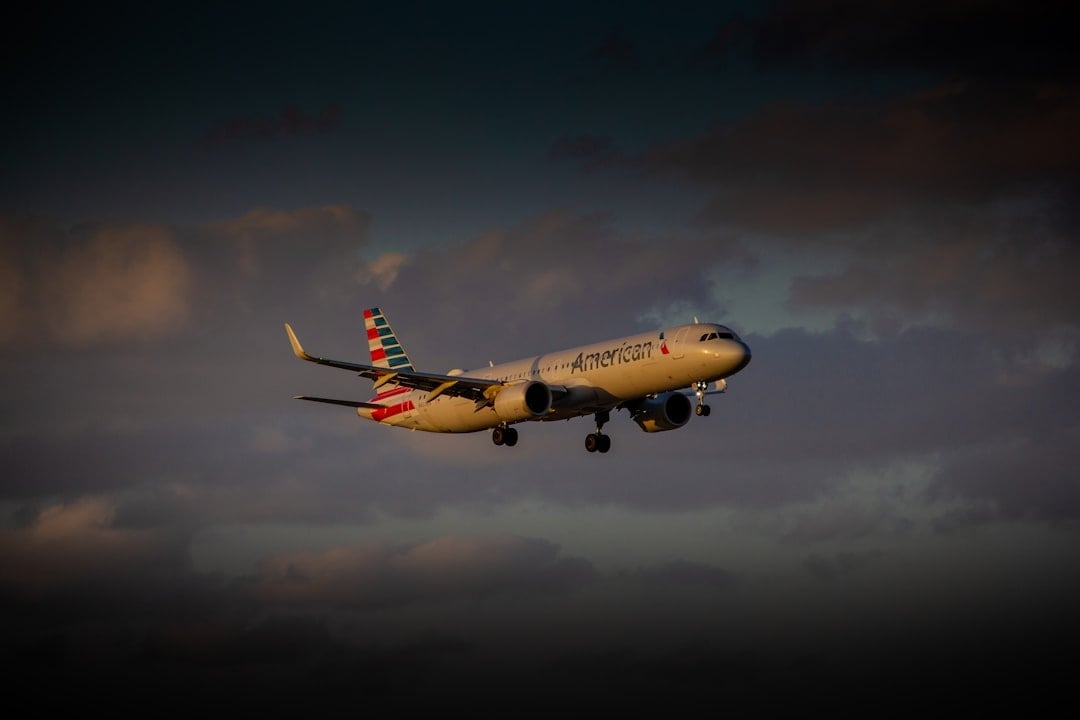Travelers flying with American Airlines, Delta, and United face two major changes to shoe rules as of July 31, 2025. The TSA has ended its long-standing shoe removal requirement at airport security, while airlines now strictly enforce a ban on going barefoot during flights. These changes affect millions of passengers and reflect new priorities in health, safety, and technology.
The Transportation Security Administration (TSA) no longer requires travelers to remove their shoes at airport security checkpoints across the United States 🇺🇸. This policy started rolling out in early July 2025 at major airports like Baltimore/Washington, Fort Lauderdale, and Los Angeles International (LAX). By mid-July, the rule covered even more airports, making the process faster and easier for most travelers. Homeland Security Secretary Kristi Noem explained, “security remains our top priority,” and credited new scanning technology for making this change possible.

This new rule applies to everyone, not just those with TSA PreCheck. Before, only PreCheck members could keep their shoes on. The shoe removal rule began in 2006 after the 2001 “shoe bomber” incident on an American Airlines flight. For nearly twenty years, it caused delays and frustration. Now, thanks to better screening equipment, the TSA can check shoes for threats without needing passengers to take them off. According to analysis by VisaVerge.com, this update should reduce wait times and improve the airport experience for all travelers.
While airport security has become easier, airlines have tightened their in-flight footwear rules. American Airlines, Delta, and United now strictly ban passengers from going barefoot during flights. Their contracts of carriage and passenger conduct codes clearly state that bare feet are not allowed. Passengers who do not follow this rule may be denied boarding or even removed from the plane.
Flight attendants must now consult with other crew members and contact a Complaint Resolution Official before removing a passenger for being barefoot. This process helps ensure fair treatment and avoids quick or unfair decisions. The main reason for this strict rule is health and safety. Aircraft floors are only lightly cleaned between flights, which means there is a risk of foot fungus, infections, and injury. Socks alone are not enough protection. Airlines want to keep everyone safe and maintain a professional environment on board.
Most health experts and airline industry professionals support these changes. They say the TSA’s new airport security policy is safe because of better technology, and the in-flight barefoot ban helps prevent health problems. Some passengers are frustrated by the stricter airline rules, but most understand the reasons behind them.
Travelers should remember these key points:
- At airport security: Keep your shoes on unless a TSA officer tells you otherwise.
- On the plane: Always wear shoes when moving around the cabin. Do not go barefoot or wear only socks.
- If you disagree with enforcement: Ask to speak with the Complaint Resolution Official.
For the latest airport security policies, visit the official TSA website. These changes show how American Airlines, Delta, and United, along with the TSA, are working to balance safety, health, and convenience for everyone flying in the United States 🇺🇸.
Learn Today
TSA → Transportation Security Administration, U.S. agency managing airport security and passenger screening.
PreCheck → TSA expedited screening program allowing selected travelers to keep shoes on during security.
Complaint Resolution Official → Staff member who handles disputes and complaints about TSA or airline policies.
Contract of Carriage → Legal agreement between passenger and airline detailing rights and rules during travel.
Screening Technology → Advanced equipment used to detect threats without requiring shoe removal at checkpoints.
This Article in a Nutshell
Starting July 31, 2025, TSA ends shoe removal at security, improving efficiency. Meanwhile, major airlines ban barefoot travel onboard to ensure health safety, requiring footwear during flights. Passengers must comply or risk denial of boarding, balancing new technology with strict airline conduct rules for smoother, safer travel experiences nationwide.
— By VisaVerge.com













